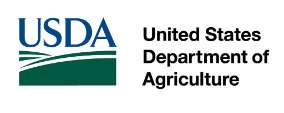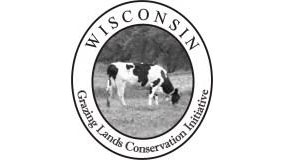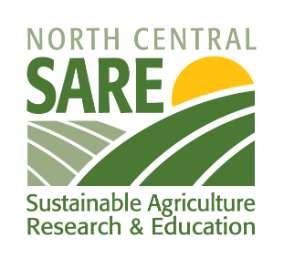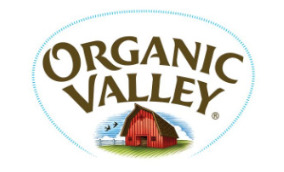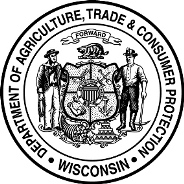Dairy Grazing Apprenticeship (DGA) is an independent non-profit organization and a National Apprenticeship under the US Department of Labor. DGA works with government agencies, foundations, businesses, universities, and community organizations to bring the Apprenticeship to current and aspiring dairy farmers in multiple states.
Partners
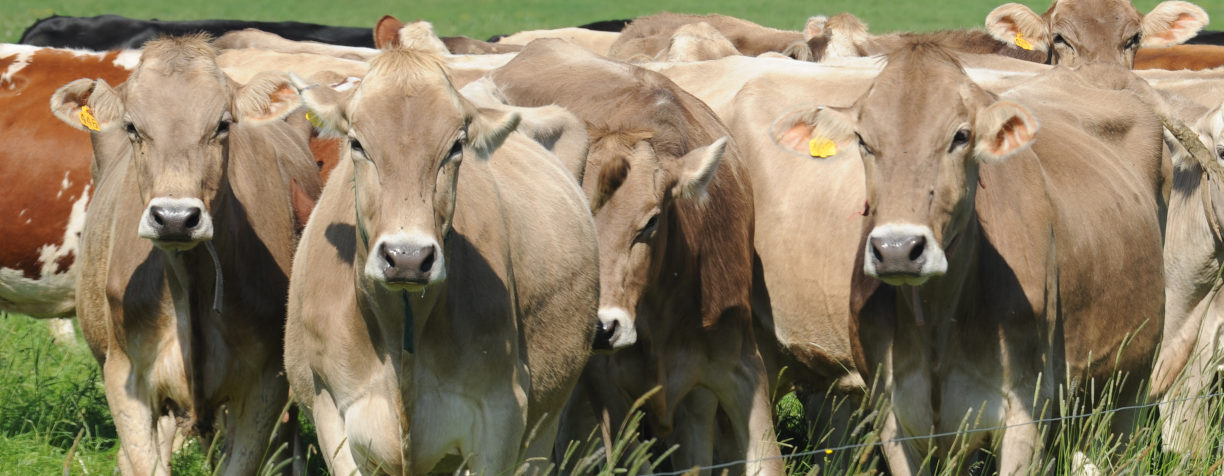
PARTNERS
United States Department of Agriculture (USDA) provides leadership on food, agriculture, natural resources, rural development, nutrition, and related issues based on public policy, the best available science, and effective management. USDA has a vision to provide economic opportunity through innovation, helping rural America to thrive; to promote agriculture production that better nourishes Americans while also helping feed others throughout the world; and to preserve our Nation's natural resources through conservation, restored forests, improved watersheds, and healthy private working lands. Dairy Grazing Apprenticeship was established with the support of a USDA-BFRDP Development Grant (2010), several BFRDP Standard Grants (2011, 2014, 2017), a USDA Enhancing Agricultural Opportunities for Military Veterans (AgVets) Grant (2018) through USDA-NIFA and a USDA Outreach and Assistance for Socially Disadvantaged and Veteran Farmers and Ranchers Program - 2501 Program Grant (2021) through the Office Partnership and Public Engagement (OPPE). To find more resources and programs for beginning farmers and ranchers please visit New Farmers and Farm Answers . For more information about the new Climate-Smart Commodities, please visit our USDA Climate-Smart Commodities page.
The Brookby Foundation seeks to promote community well-being, primarily by supporting endeavors that advance artistic and scientific literacy, with a special interest in those that protect or improve the environment.
The Cedar Tree Foundation is a family foundation created by the late pediatrician and entrepreneur, Dr. David H. Smith. Dr. Smith believed in the power of individuals and organizations to make significant changes in the world. The Cedar Tree Foundation continues to reflect that belief in its environmental grantmaking and programs.
Grazing Lands Conservation Initiative (GLCI) was founded to provide high quality technical assistance on privately owned grazing lands on a voluntary basis and to increase the awareness of the importance of grazing land resources. GLCI is carried out through coalitions of individuals and organizations functioning at the local, state, regional and national levels. In Wisconsin, GLCI has supported the development of an extensive network of educational and technical assistance for farmers interested in managed grazing. The program also supported initial curriculum development for the Dairy Grazing Apprenticeship.
Natural Resources Conservation Service (NRCS) provides America's farmers and ranchers with financial and technical assistance to voluntarily implement conservation practices that help not only the environment but agriculture operations, too. For more than 75 years, NRCS and its predecessor agencies have worked in close partnerships with farmers and ranchers, local and state governments, and other federal agencies to maintain healthy and productive working landscapes. Its Conservation Innovation Grants (CIG) is a voluntary program intended to stimulate the development and adoption of innovative conservation approaches and technologies while leveraging Federal investment in environmental enhancement and protection, in conjunction with agricultural production.
North Central Region SARE (NCR-SARE) is one of four regional offices that run the Sustainable Agriculture Research and Education (SARE) program, a nationwide grants and education program to advance sustainable innovation to American agriculture. NCR-SARE offers competitive grants and educational opportunities for producers, scientists, educators, institutions, organizations and others exploring sustainable agriculture in America’s Midwest. NCR-SARE has supported Dairy Grazing Apprenticeship training for partner Education Coordinators and Mentor Dairy Graziers through its Professional Development Grant Program.
Farmers Advocating for Organic (FAFO) began with the 2002 Farm Bill, which included an exemption for organic farmers from contributing to national promotion programs like “Got Milk?” In response, Organic Valley devised a way for farmers to pool their exemptions into an organic-focused granting fund as a way to promote and advance organic farming. FAFO is a grant program funded entirely by annual, voluntary contributions from Organic Valley farmers. It is the largest farmer-funded grant program in the U.S. and one of the few focused solely on organic.
Created in 1944, The Otto Bremer Foundation assists people in achieving full economic, civic and social participation in and for the betterment of their communities. The Foundation strives to help build healthy, vibrant communities in the places that are homes and neighbors to Bremer banks - communities where basic needs are met, mutual regard is prized and opportunities for economic, civic and social participation are within everyone's reach. The Otto Bremer Foundation owns 92 percent of Bremer Bank, and receives an equivalent share of the bank profits that are paid out as dividends. This means that a large portion of bank profit is invested back in local communities through grants and program-related investments.
The mission of the Wisconsin Department of Agriculture, Trade and Consumer Protection is to make Wisconsin a world leader in agriculture, food safety and consumer protection. Seven divisions help accomplish this, which include Agriculture Resource Management, Animal Health, Food Safety, Management Services, Agriculture Development, Office of the Secretary and Trade and Consumer Protection.

